In Yoko Tawada’s surreal and beguiling novel we meet three bears: mother, daughter and grandson. But there will be no porridge or bed-testing here: these are bears with a difference.
Tawada has form in animal-linked fiction: The Bridegroom Was a Dog won a major Japanese award. Writing in Japanese and German, she is a prizewinner in both countries. This three-part novel, felicitously translated from the German by Susan Bernofsky, draws us deep into the lives of her ursine trio. Transcending anthropomorphism, her beasts retain their essential ‘bear-ness’ in the human world.
Mama bear, an ex-performer in a Moscow circus, is savvy, opinionated and scatty: ‘I hate making small talk about the weather, so I often miss forecasts of major changes. Even the Prague Spring came as a complete surprise to me.’ She attends solemn conferences (‘The Significance of Bicycles in the National Economy’, ‘Capitalism and Meat-eating’) and secretly scribbles an autobiography that becomes an instant bestseller. Writing proves more politically dangerous than circus acrobatics, and an invitation to West Berlin from Kaos (Keeping Authors Out of Siberia) arrives just in time. In Berlin she charms publishers, slips into afternoon movies and picks up fast on credit-card shopping for books and salmon, though sharp claws are no help tapping in her Pin. Mama’s world-wide adventures are just beginning.
Part Two belongs to her daughter Tosca, honing her dance skills in an East Berlin circus with Barbara, her trainer and fellow-
performer. Here Tawada turns circus master, sending bear and woman spinning through the pages like trapeze artists. As they work on a daring new act, the two inhabit a sphere between dream and reality; they seem to be merging, while Barbara writes Tosca’s story — or is Tosca writing Barbara’s? It all builds to a finale with a tango, a cube of sugar and a startling cross-species moment.
Tosca’s son Knut is a zoo baby who never knew his mother. Alienated from his polar roots, he enjoys entertaining the crowds, encouraged by Matthias, his devoted human carer. The author delicately explores the ambiguities of parental love, and the blurred lines between human and animal: when does affection become exploitation? Unexpectedly, Matthias dies, and the young bear is left languishing in the lethal spotlight of stardom. He dwindles into lonely celebrity, dreaming of a land he has never known: ‘I wanted to see a snowfield before me, a field that — unlike newsprint covered with gossip and lies — would gleam an immaculate white. The North Pole had to be as sweet and nourishing as mother’s milk.’
Memoirs of a Polar Bear works on many levels, fizzing with ideas on exile, migration and love. It’s funny and outrageous, questioning what it means to be human. Part Two suffers from a convoluted narrative, but the triptych as a whole dazzles. The final paragraph, swirling with memory and snow, evokes the calm gravity of Joyce’s ending to ‘The Dead’.
Got something to add? Join the discussion and comment below.
Get 10 issues for just $10
Subscribe to The Spectator Australia today for the next 10 magazine issues, plus full online access, for just $10.
You might disagree with half of it, but you’ll enjoy reading all of it. Try your first month for free, then just $2 a week for the remainder of your first year.

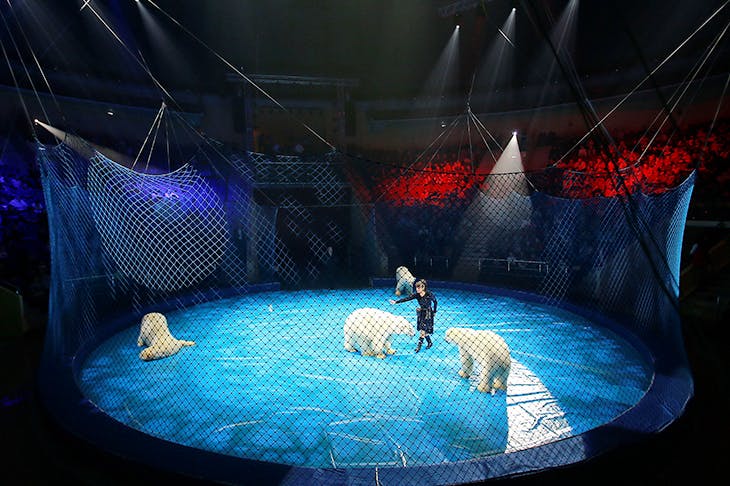
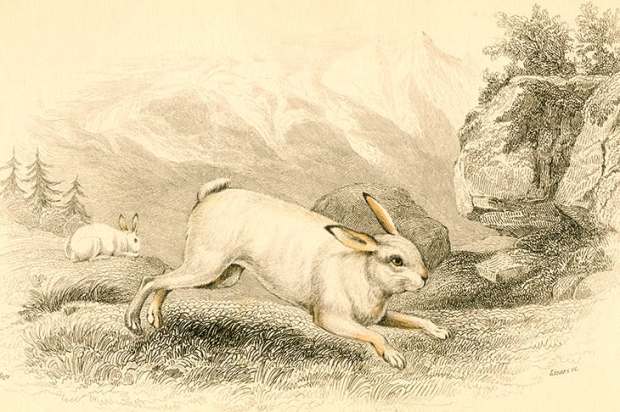
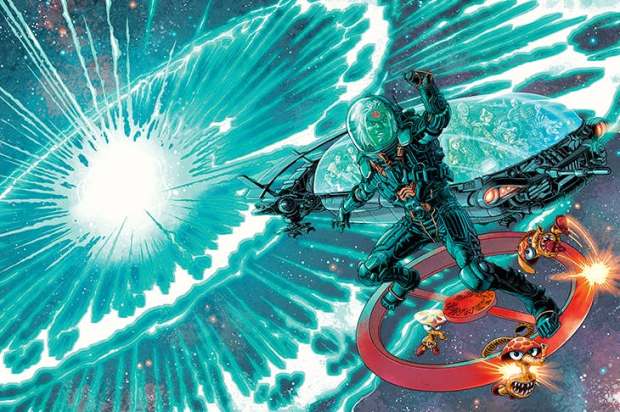
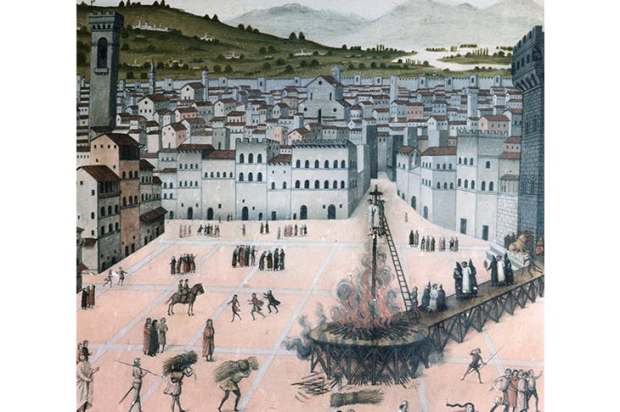

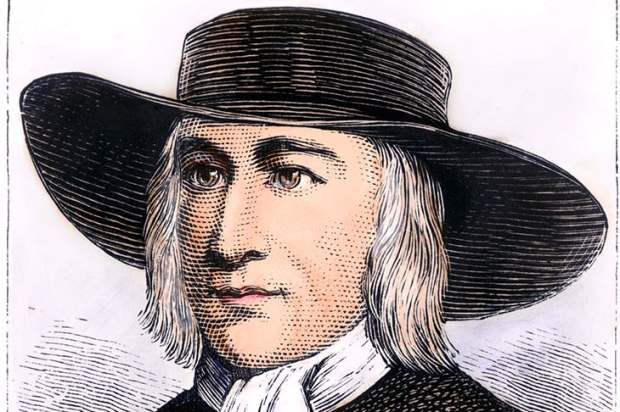
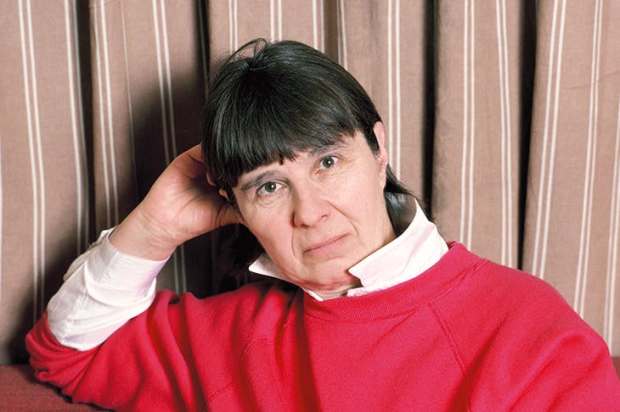






Comments
Don't miss out
Join the conversation with other Spectator Australia readers. Subscribe to leave a comment.
SUBSCRIBEAlready a subscriber? Log in